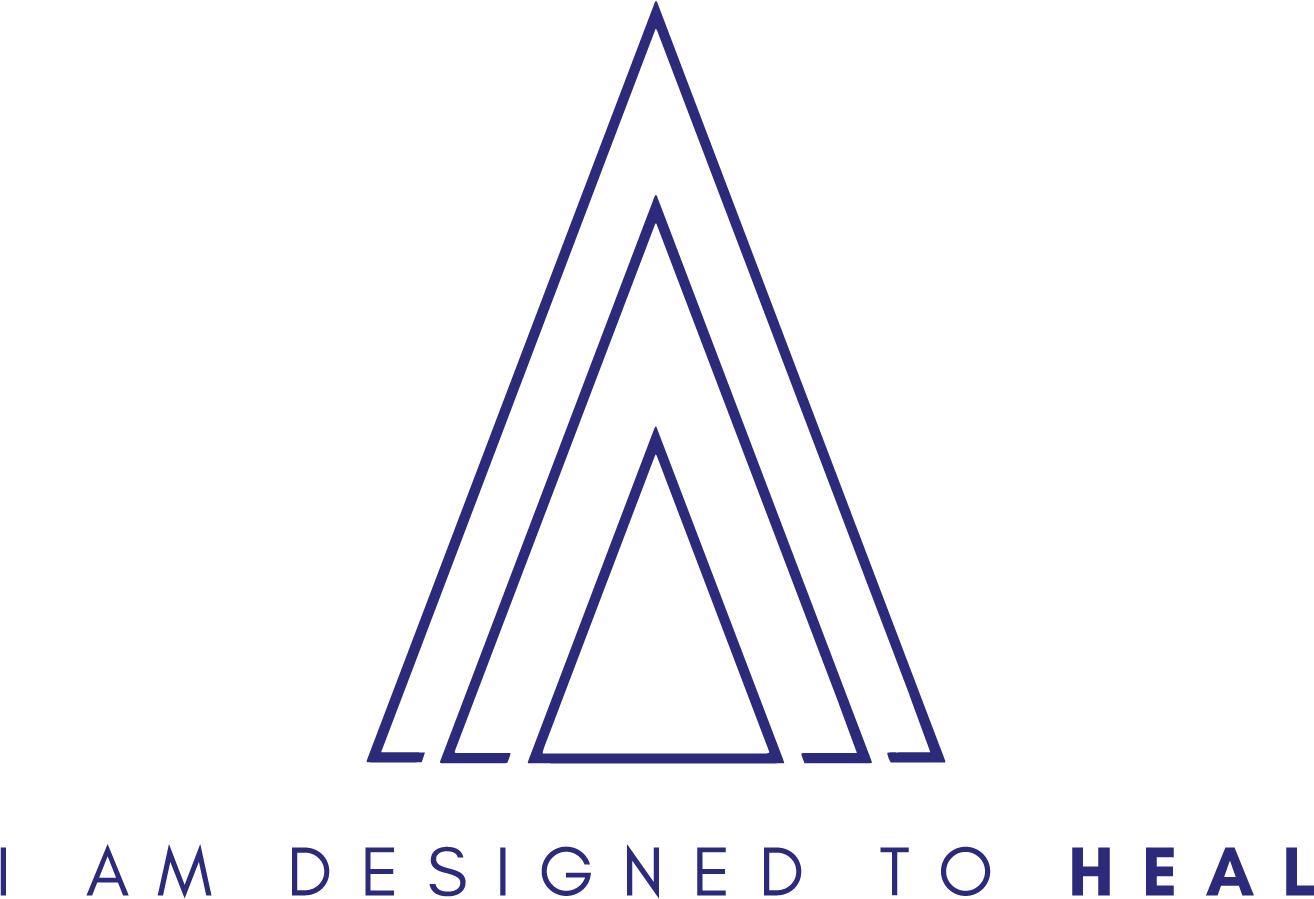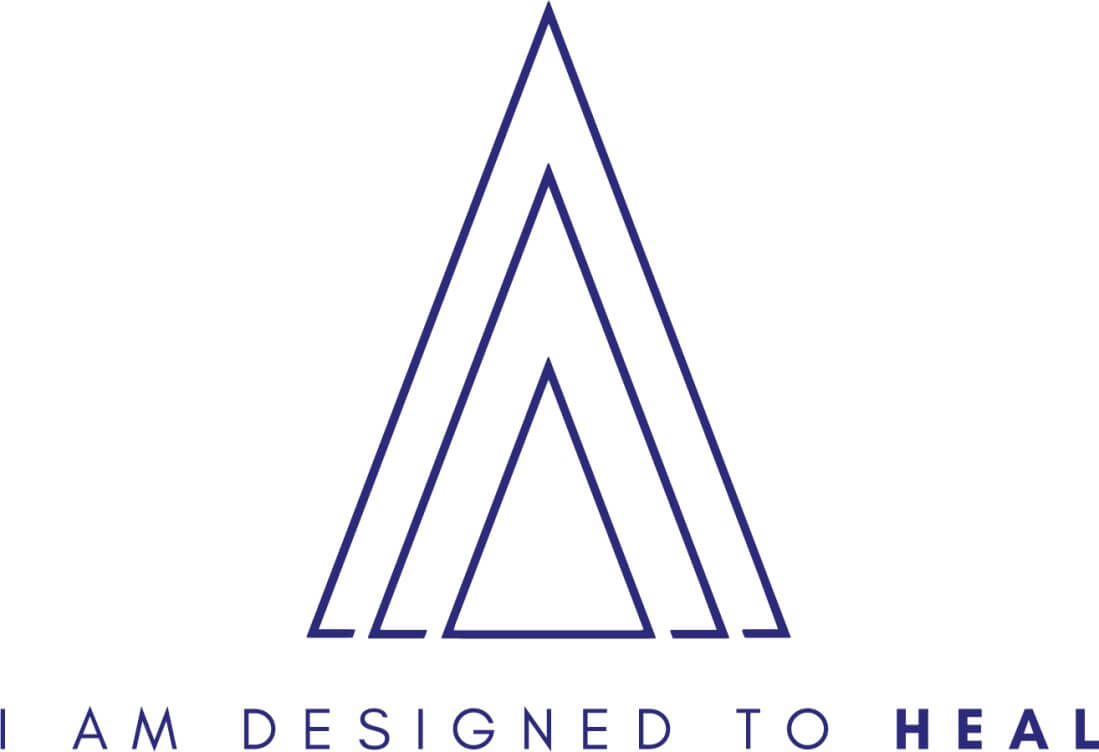
23 Aug Boost Your Mental Well-Being with Acupuncture, Massage, and Mindfulness Meditation
In the journey toward better mental health, many people are discovering the benefits of combining holistic practices like acupuncture, massage, and mindfulness meditation. Rooted in ancient traditions and backed by modern science, these therapies can work together to create a powerful regimen for enhancing mental wellness.
What is Scalp Acupuncture?
Scalp acupuncture, a specialized form of acupuncture, involves placing fine needles into specific points on the scalp. Each point corresponds to different brain areas, aiming to restore balance and promote healing. This technique is gaining recognition for its effectiveness in addressing sleep issues and anxiety. Recent studies highlight how it can stimulate the release of mood-regulating neurotransmitters and balance the body’s stress response.
Citation: Vickers, A. J., Vertosick, E. A., Lewith, G., MacPherson, H., & Sherman, K. J. (2018). Acupuncture and dry needling in the treatment of musculoskeletal pain: A systematic review of randomized controlled trials. Journal of Pain Research, 11, 215-228. doi:10.2147/JPR.S146316
The Benefits of Massage Therapy
Massage therapy, often perceived as a luxury, offers significant mental health benefits. Beyond its well-known physical benefits—like relieving muscle tension and improving circulation—massage therapy can also reduce anxiety and depression. Studies show that massage lowers cortisol levels (the stress hormone) and increases serotonin and dopamine, neurotransmitters linked to well-being.
The comforting touch of massage therapy can also foster a sense of connection and relaxation, which is especially beneficial for those dealing with emotional distress. Regular massage can enhance mood and reduce the physical manifestations of stress.
Citation: Dommerholt, J., Fernández-de-Las-Peñas, C., & Cummings, T. M. (2016). Dry needling and myofascial trigger points: A systematic review. Journal of Orthopaedic & Sports Physical Therapy, 46(4), 283-293. doi:10.2519/jospt.2016.6362
Mindfulness Meditation: Building Mental Resilience
Mindfulness meditation, which involves focusing on the present moment with acceptance, is widely used for stress reduction and emotional regulation. Research indicates that mindfulness practice can enhance brain areas related to emotional control and self-awareness, improving mental health.
Regular mindfulness meditation increases gray matter density in brain regions associated with emotional regulation and stress resilience. It also activates the parasympathetic nervous system, promoting relaxation and reducing the body’s stress response. This practice helps individuals manage emotions better and improve overall well-being.
Citation: Zeidan, F., Johnson, S. K., Diamond, B. J., David, J. S., & Goolkasian, P. (2010). Mindfulness meditation improves cognition: Evidence of brief mental training. Journal of Psychiatric Research, 44(15), 1088-1095. doi:10.1016/j.jpsychires.2010.03.006
The Power of Combining Acupuncture, Massage, and Mindfulness
While each of these practices offers unique benefits, their combined effect can be particularly powerful for mental health. Here’s how they work together:
Complementary Benefits: Acupuncture and massage both help modulate the nervous system and biochemical pathways related to stress and mood. Mindfulness meditation enhances emotional regulation and mental resilience, creating a comprehensive approach to wellness.
Enhanced Stress Reduction: Acupuncture and massage lower physical stress markers like cortisol, while mindfulness meditation tackles psychological stress through improved emotional regulation. Together, they offer a multi-faceted approach to managing and reducing stress.
Improved Emotional Regulation: Mindfulness meditation promotes awareness and acceptance of emotions, while acupuncture and massage create a relaxed state that supports mindfulness practices. This synergy leads to more profound and lasting improvements in emotional well-being.
Holistic Wellness: Combining these practices supports overall wellness by not only addressing mental health symptoms but also fostering positive mental health. This holistic approach builds resilience, helping individuals cope better with life’s challenges.
Conclusion
Incorporating acupuncture, massage, and mindfulness meditation into your routine can create a powerful, synergistic approach to mental health. Each therapy brings unique benefits, and together they offer a holistic method for reducing stress, improving emotional regulation, and enhancing overall well-being. As research continues to support these practices, they are likely to become an increasingly popular and effective part of mental health care.
Explore how integrating these practices into your wellness routine can help you achieve a balanced and resilient mind.


